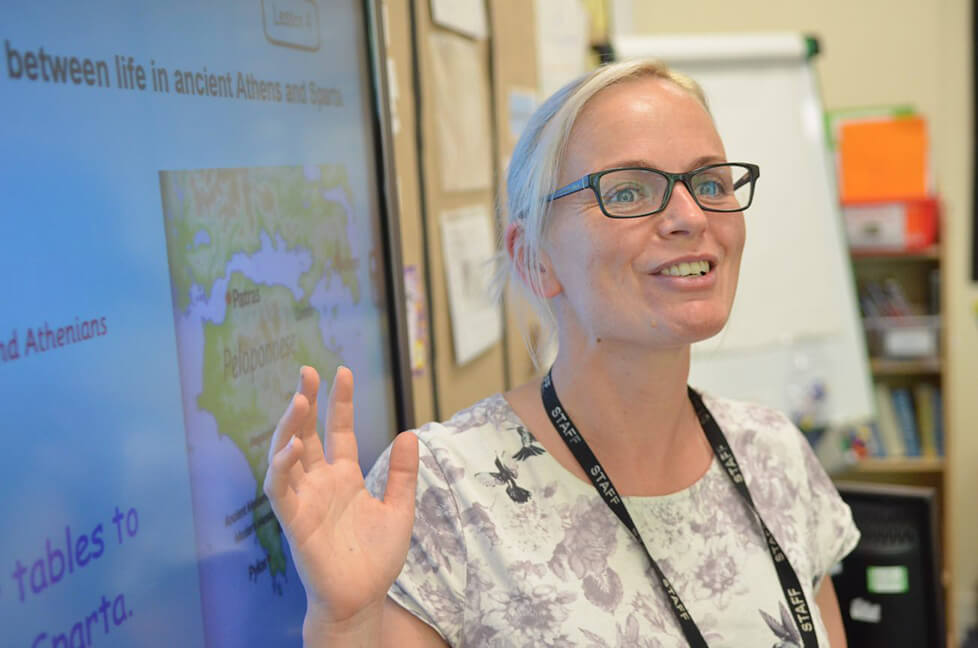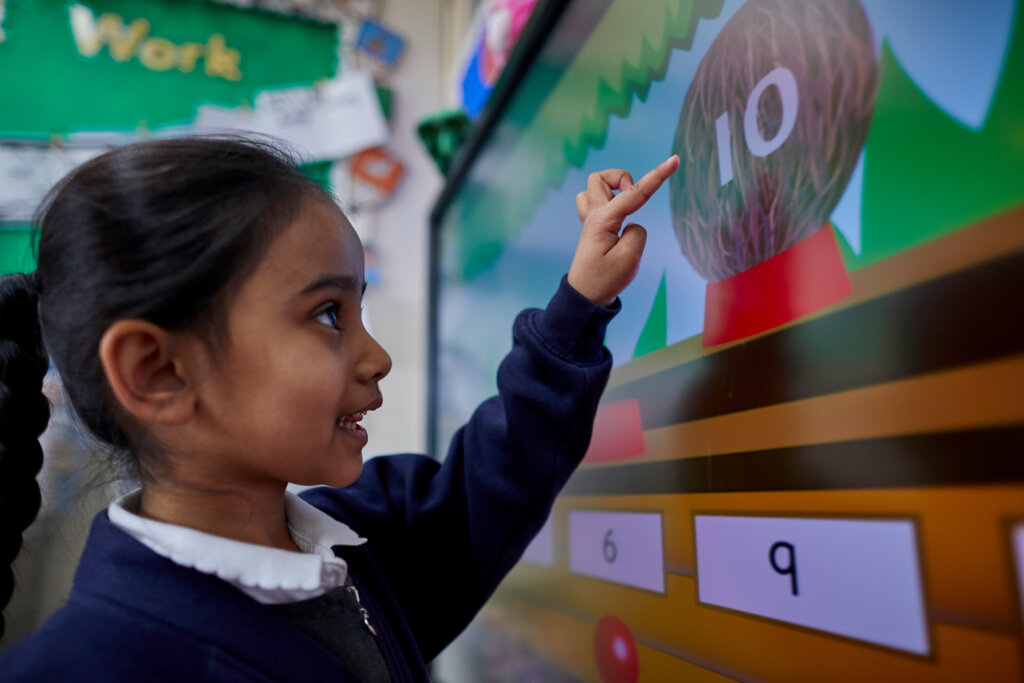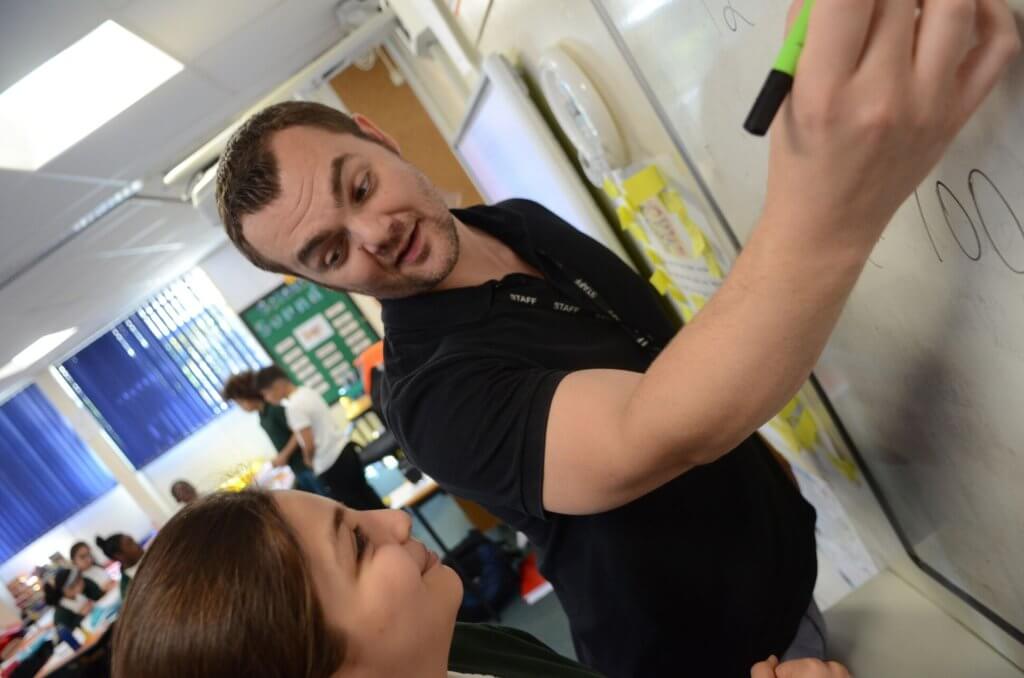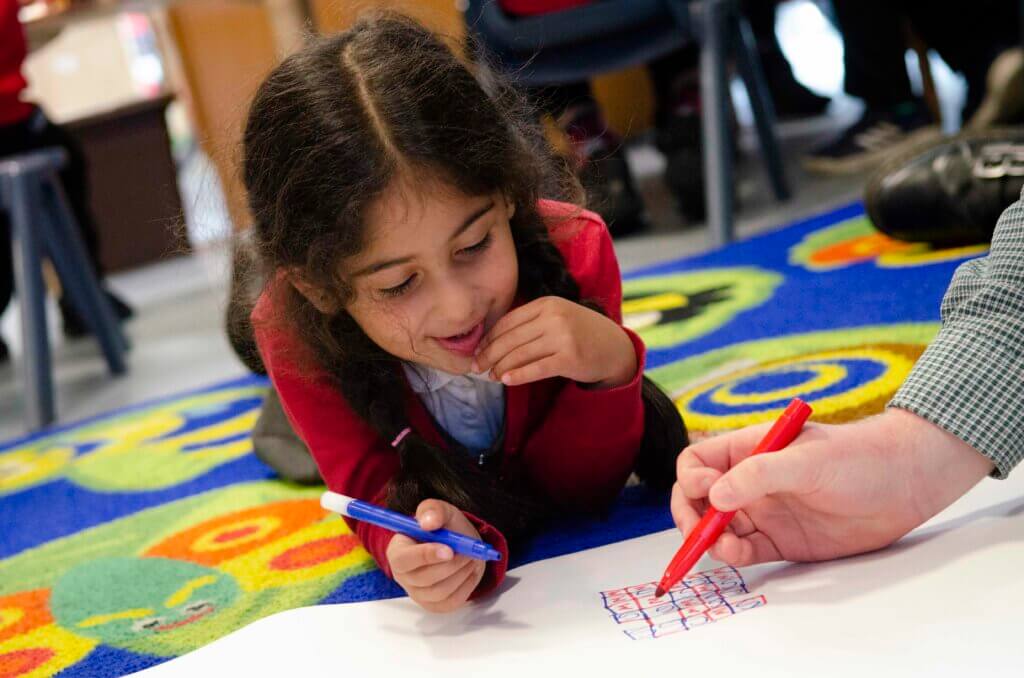All primary schools to provide wraparound care by 2026
As the Chancellor unveiled the budget this week, he announced the government’s ambition for all primary schools to provide wraparound care for children between the hours of 8am and 6pm, by September 2026. £289 million start-up funding has been allocated to local authorities and schools over the next three years, however the Treasury expects schools to charge parents once the pilot period has ended.
It is hoped that this will increase supply of wraparound care, thereby removing ‘barriers to working’ for parents with young children. It is unclear whether this measure will become compulsory, but recent surveys indicate that 80 percent of primary schools are already offering supervised wraparound care.
Critics such as Paul Whiteman, general secretary of NAHT, the school leaders’ union, believe that this was a missed opportunity for the government to respond to the school funding crisis, claiming ministers are instead offering a ‘half-baked scheme to extend wraparound care in schools that won’t take effect for another three years.’Furthermore, unions have highlighted that there was a £400 million stealth cut to spending on school buildings hidden in the budget, despite warnings that many are in danger of collapse. Reflecting on the Chancellor’s Budget statement, Dr Mary Bousted, joint general secretary of the National Education Union (NEU), says that ‘there is a continued failure to make the investment in education that is needed.’
Disadvantaged pupils more than twice as likely to be persistently absent
Recently, the Children’s Commissioner spoke at the Parliamentary education committee, calling for greater Ofsted scrutiny regarding school attendance. In the aftermath of the Covid lockdowns, absence for all pupils has soared. Whilst the pandemic certainly had an impact, Dame de Souza explained that of the 1.6 million children persistently absent in the autumn and spring terms of 2021-22, 818,000 were not absent due to illness.
Whilst there were concerns surrounding misused attendance codes and term-time holidays, de Souza was clear that primarily there needs to be a greater focus on supporting children in need. Analysis shows that almost two in five disadvantaged pupils were persistently absent from school during the last academic year, more than double the rate of their more privileged peers. In total, 37.1 percent of children eligible for free school meals missed 10 percent or more sessions, compared to 17.5 percent among non-disadvantaged pupils.
During the committee, ministers reflected on shifting attitudes following the school closures during lockdown, and expressed concerns that the government had lost the ‘moral authority […] to tell parents that school is not optional.’ The Children’s Commissioner responded that ministers, local authorities and school leaders ‘cannot afford to be squeamish,’ reiterating that children, especially those from vulnerable and disadvantaged backgrounds, are not going to achieve their full potential if educators do not take a strong line on this issue.
Government will consider new requirement to teach suicide prevention
Earlier this year, the Prime Minister announced that he would bring forward the statutory review of relationships, health and sex education (RHSE) guidance for schools, following concerns about age-inappropriate content. The Schools minister, Nick Gibb, has now confirmed that the review will also prioritise children’s mental health and consider adding new requirements on teaching suicide prevention.
The announcement took place during a parliamentary debate secured by Three Dads Walking, fathers who each lost their daughters to suicide and now campaign for suicide prevention in schools. At present, the RHSE guidance states that the subject of suicide and self-harm can be discussed in school, but this is not mandatory.
The Schools minister clarified that the curriculum ensures pupils are taught about the building blocks needed to develop good physical and mental health, which has an impact on preventing suicide. On the topic of suicide itself, Gibb said ‘it is important that teachers approach it carefully, because we have to acknowledge that, taught badly, it has the potential to do harm.’
The Department for Education is currently funding a large-scale randomised controlled trial of approaches to improving pupil wellbeing in schools. This includes an assessment of the school-based programme for young people aged 13 to 17, called Youth Aware of Mental Health, ‘for which there is good international evidence that it reduces suicidal ideation.’ The Schools minister also confirmed that the government would consult young people and their families to get the best possible outcome from the review.
If your school has any questions surrounding Early Years support, Educational Psychology, or Pupil Attendance, Welfare and Safeguarding, please get in touch with our team to find out how we can help.
Bringing together a unique blend of expertise and experience, One Education prides itself on working with schools to deliver the best possible outcomes for pupils.















